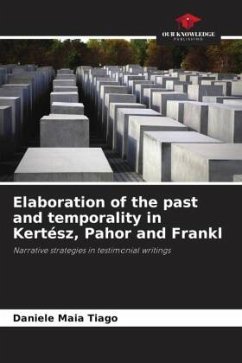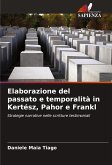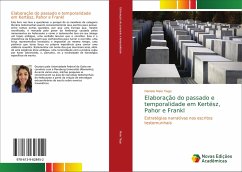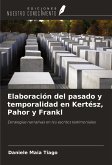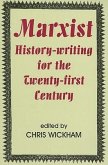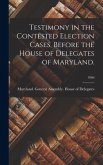This book leads us to question why members of the testimonial literary category consciously use their writings to think about, among many other issues, why a Europe that, even if reunified, is marked by the dread of remembrance caused by monuments to the Holocaust and how testimony carries at its core an ambiguous topos, a lacunar truth that constitutes it. This is the impotence of the language we know to narrate what happened, a representative force that is necessary and impossible at the same time, a power that takes strength in its own impotence to tell of an unheard-of violence... To testify on behalf of those who died would be, in addition to an ambiguous ethical requirement, a reconciliation with one's own guilt for having survived, and therefore this is the need for specific writing strategies.
Bitte wählen Sie Ihr Anliegen aus.
Rechnungen
Retourenschein anfordern
Bestellstatus
Storno

